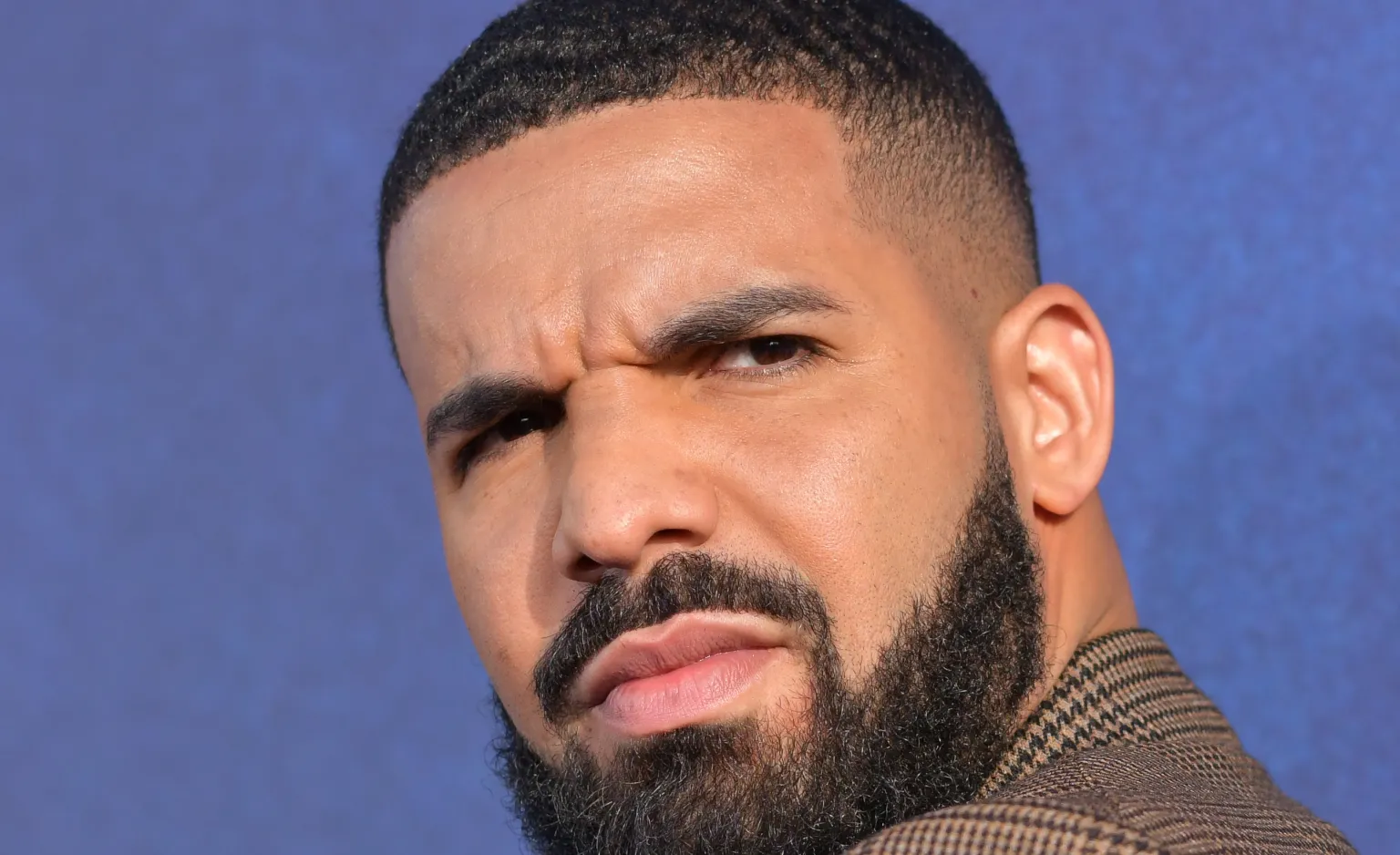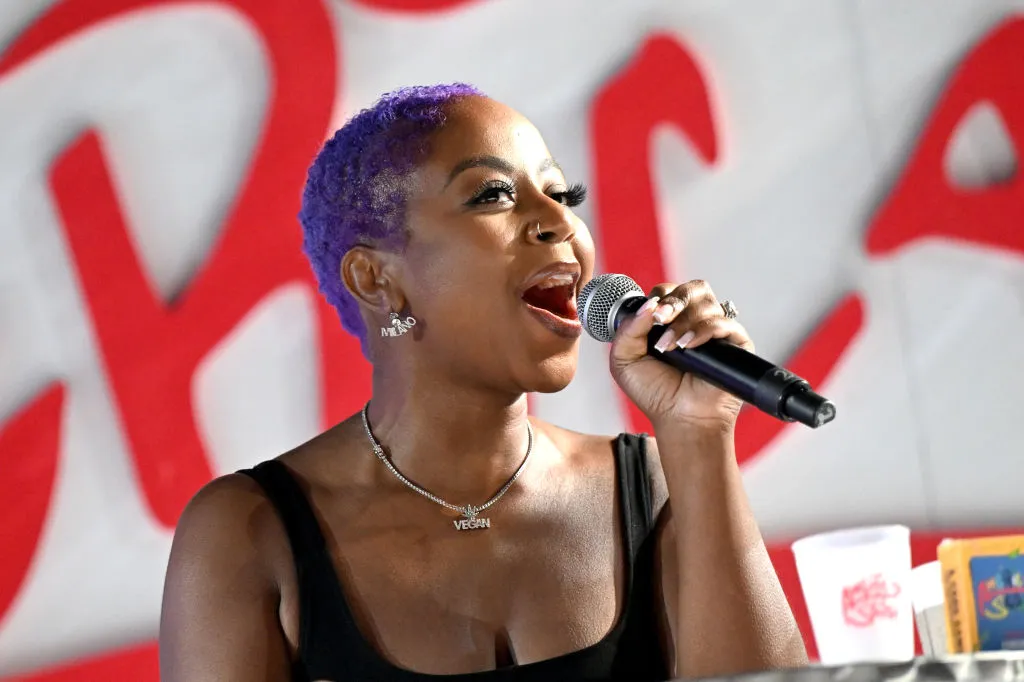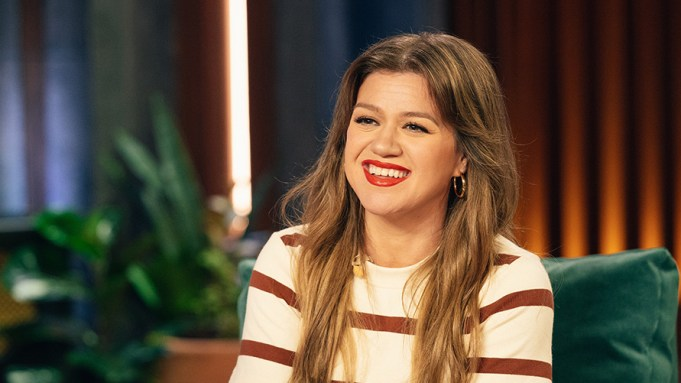The feud between Drake and Universal Music Group (UMG) is heating up, with the rapper recently amending his defamation lawsuit to include new accusations surrounding Kendrick Lamar’s Super Bowl LIX halftime performance. In a newly filed legal document, Drake’s attorneys claim Lamar’s viral performance of “Not Like Us” served as a high-profile vehicle for character defamation—and that UMG played a quiet but critical role.
The revised complaint positions the Super Bowl performance as a turning point in the public smear campaign against Drake. His legal team described it as a “calculated public spectacle” seen by over 15 million viewers, including many first-time listeners. Drake argues that Kendrick’s choice to perform “Not Like Us” on one of the world’s biggest stages—while notably avoiding the word “pedophile”—was a strategic move to maximize damage while avoiding explicit legal risk.
“Not Like Us” Becomes Legal Focal Point
Drake’s lawyers say the performance was not just a diss—it was a case of defamation played out on national TV. They also point to Kendrick’s Grammy wins for the track, arguing the song’s widespread reach was only possible because of UMG’s silent approval. The label’s influence, they claim, made the alleged defamation unavoidable and globally impactful.
Bot Accusations Softened, But Accountability Still Sought
The original lawsuit filed in January accused UMG of manipulating streaming numbers for “Not Like Us” using bots, based on an anonymous social media source. However, in the updated filing, Drake’s legal team softens that claim, now suggesting that while UMG didn’t directly engage in bot usage, it may have knowingly allowed third-party manipulation to take place unchecked.
They state that the amended lawsuit “fortifies an already robust case,” insisting that UMG’s PR maneuvers and evasions won’t shield them from accountability. Drake’s attorneys believe the upcoming court proceedings will expose undeniable misconduct by the label.
UMG Pushes Back: “Drake Is Being Misguided”
In response, Universal Music Group released a detailed rebuttal, calling the latest claims “misguided and inconsistent.” They pointed out that Drake had quietly withdrawn a related petition in Texas that was previously promoted with fanfare, calling it evidence of a weak legal foundation.
UMG emphasized that Drake has been one of their top artists for over 16 years, and accused his legal team of trying to rewrite earlier failed arguments. They also warned that if the case continues, Drake will face discovery procedures that could backfire.
A Legal Battle With Industry-Wide Implications
This lawsuit could have far-reaching consequences, not just for Drake and UMG but for the broader music industry. With major stars like Kendrick Lamar being drawn into the legal narrative and accusations of label-enabled defamation, the case could reshape how music labels and artists navigate public feuds, performances, and streaming controversies.
As the legal showdown builds toward its next phase, fans and insiders alike are watching closely—especially with Drake and Kendrick’s rivalry now spilling into the courtroom.






